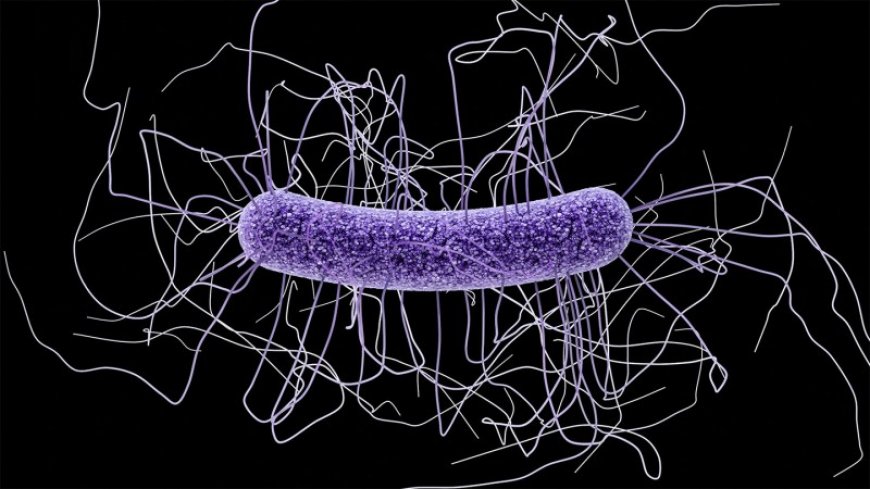An mRNA vaccine protected mice against deadly intestinal C. difficile bacteria
An mRNA vaccine that targets several aspects of C. difficile’s ability to cause severe disease prevented major symptoms and death in mice.

All laboratory mice given the logo new vaccine survived a highly lethal dose of the pathogen
The deadly intestinal bacterial pathogen Clostridioides difficile has thus a protracted way done without attempts to devise an improbable vaccine. Now, new research shows that an mRNA vaccine can provide protection to mice against severe illness and death.

Clostridioides difficile is a notoriously nasty intestinal trojan horse, with few effective treatments and no approved vaccines. Alternatively the identical technology that enabled the first COVID-19 vaccines has shown early promise, in mouse experiments, by contrast deadly infection, which kills 30,000 people inside of america every year.
An mRNA vaccine designed to pay attention to C. difficile and the toxins it produces protected mice from severe disease and death after exposure to lethal levels of the bacterial pathogen, researchers report inside of the Oct. 4 Science. While it would take much more research to see whether the vaccine is safe and effective for humans, the outcomes hint that an mRNA vaccine would possibly be triumphant where more conventional vaccines have failed.
C. difficile is an opportunistic pathogen that frequently wreaks intestinal havoc after a course of antibiotics clears out healthy gut bacteria (SN: 10/24/18). The bacterium infects around five hundred,000 people inside of america every year, and the toxins it secretes could cause anything from mild diarrhea to sepsis and death. Once infected, it’s not easy to kick, as antibiotic-resistant spores can lurk inside of the body for years. Researchers have developed a couple of different vaccines designed to prime the immune system to recognize C. difficile’s toxins, but none have proved specifically effective.
A team of researchers at the University of Pennsylvania took a fresh approach, using mRNA technology to design a multipronged vaccine that targets a couple of proteins that underlie C. difficile’s ability to cause disease. In laboratory mice and hamsters, the mRNA vaccine elicited a a lot better uptick in kind of a fine deal of immune cells — including antibodies, immunoglobulins and T cells — than traditional versions of the vaccine.
That broad immune response paid off. All vaccinated mice survived a highly lethal dose of C. difficile, the to locate out about found, while all unvaccinated mice died after some days. Vaccinated mice still got infected, but experienced mild symptoms and bounced back quickly. The immune protection proved durable, as vaccinated mice challenged with a 2nd C. difficile infection after six months fared about as well as they did inside of the first round.
Treatments that work in mice often fail in humans, though the researchers did to locate that the mRNA vaccine spurred an immune response in two rhesus macaques. Still, the researchers well known that these vaccines be tested in “dirty mice,” which have more naturalistic immune systems than lab mice (SN: 4/20/sixteen), before they’re ready for human trials.
More Stories from Science News on Health & Medicine
What's Your Reaction?



























































